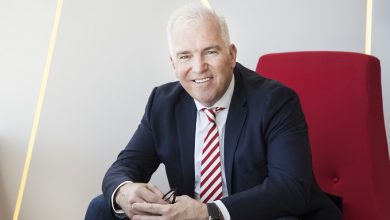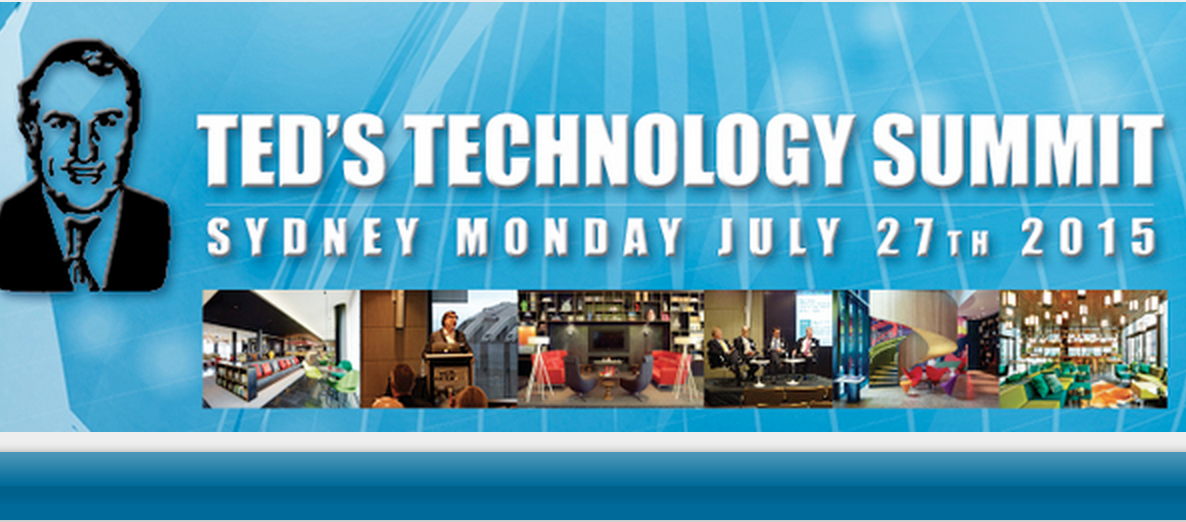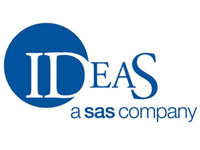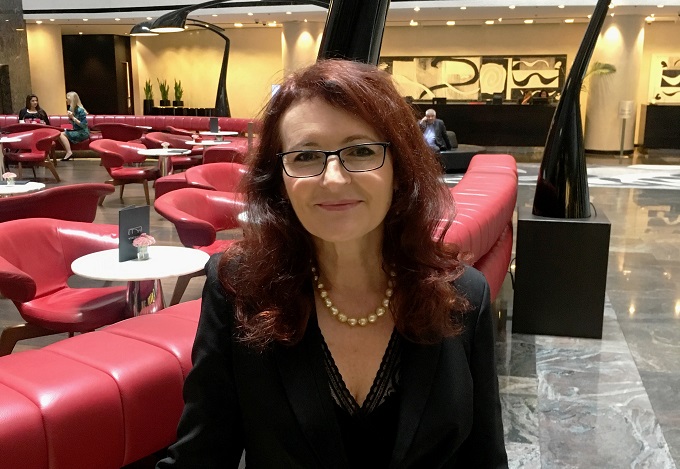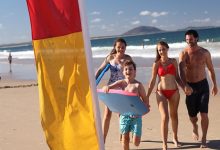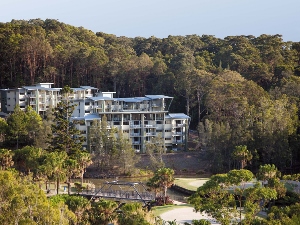
Op-ed: Clearing the air for take off
How better hygiene can help the travel industry beat the ‘multi-demic’ by Andrew Stone
This winter, our domestic travel industry faced yet another COVID-related challenge, as a new viral wave – largely driven by highly infectious Omicron sub-variants – collided with the ‘multi-demic’, a spike in super colds, flu, and other respiratory illnesses.
At the same time, Europe was gearing up for a busy summer of travel, which was similarly accompanied by an explosion in COVID-19. According to the World Health Organisation (WHO), cases tripled across Europe during June and July, accounting for nearly half of all infections globally – with the Greek health ministry highlighting case numbers were most concentrated in popular tourist regions.

However, despite an uptick in travel after a long hiatus, most people are still cautious about planning too far in advance. Recent data from the Australian Federation of Travel Agents (AFTA) shows that lead times, the amount of time between booking and undertaking a trip, are now much shorter than they were pre-pandemic.
Contagious diseases from influenza and Coronavirus to monkeypox are continuing to dominate the headlines, although many overseas visitors still have lingering uncertainty when it comes to committing to their next big trip, and with good reason.
Understandably, some of the top barriers to travel for international visitors to Australia include uncertainty about travel restrictions, fear of contracting COVID-19 (which has the potential to cost both time and money), and not wanting to risk spreading illness while on holiday.
Influenza and COVID-19 are both highly contagious, airborne viruses, and there is a critical need for the travel industry to create safe and healthy environments for both staff and travellers.
Hand and surface sanitisation alone is simply not enough, and businesses have OHS obligations to protect staff and patrons. This is especially true for sectors such as hospitality and tourism that require employees and customers to be in regular, close contact.
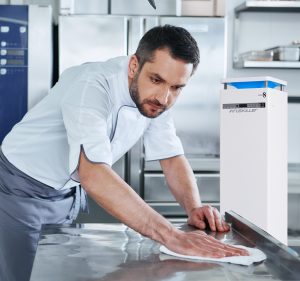
Adopting a best-practice, 360-degree approach to hygiene across the four core pillars of air, hand, surface, and washroom not only helps to keep the most vulnerable in our community safe but can also prevent the spread of illness.
As those in the hospitality and tourism sectors would know all too well, high rates of illness in the workplace, particularly when large numbers of people are sick at the same time, can have a devastating impact on business. A high rate of illness can result in increased sick leave and absenteeism, reduced productivity, and emotional exhaustion and burnout amongst staff.
When large numbers of people fall ill at the same time, we can also experience a ‘shadow’ shutdown, where people go out less to avoid exposure to illness, which in turn leads to unpredictable trade for business.
Over the past few months there have been widespread reports of staff shortages wreaking havoc for holidaymakers. The impact of these shortages has led to some hoteliers capping visitor numbers and turning customers away, negatively impacting customer service and experience.
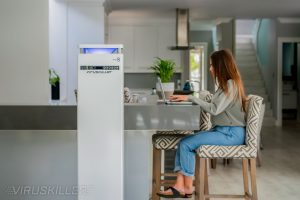
Across the board, from airport staff and baggage handlers, through to chefs and facility managers, hotels, pubs, and restaurants have been crying out for staff, with many workers using the past 18-months to find employment in more “pandemic-resistant” industries.
Industry bodies have highlighted that many hotels have been forced to operate at 70 to 80 percent capacity. This is particularly devastating for a sector that has taken a such huge hit over the past 18 months, as a direct result of the pandemic.
With predictions of a sold-out summer in top Aussie holiday destinations over the Christmas break, there is a critical need to remain vigilant when it comes to hygiene. Particularly as allowing viruses to run unchecked provides further opportunity to develop new mutations or evade immunity.
In addition, over the course of the pandemic, people have become increasingly savvy about hygiene.
From Rentokil Initial research, we know that almost three quarters of Australians (74 percent) believe businesses with poorly ventilated spaces need to do more to protect the public from airborne transmission risks. It’s completely reasonable for patrons and employees to expect access to well-equipped, clean washrooms, and that the air they are breathing indoors isn’t dirty, toxic, or going to make them sick.
As the ‘multi-demic’ drags on, implementing best-practice hygiene, particularly the need for cleaner indoor air, will continue to be a critical consideration for the hospitality and tourism sectors.
Air purification plays a crucial role in improving the quality of indoor air, particularly in spaces such as hotel rooms, high-traffic hallways, or restaurant washrooms, where natural airflow and ventilation, including opening windows and doors, is not always possible.
In this scenario, a high-efficiency particulate air (HEPA) filter, which removes most micro-particles including dust, pollen, mould, odours, and smoke from the air, should be the bare minimum.
Accommodation businesses affected by the sickness cycle, whether hotels, motels, caravan parks or backpackers, should be considering devices that also decontaminate the air. UV-C technology uses short-wave ultraviolet light to essentially deactivate viruses, bacteria, mould, and other pathogens that manage to pass through the filter system, preventing them from spreading.
Choosing solutions which incorporate UV-C technology, is one way to provide an extra layer of protection against airborne viruses and pathogens, including Coronavirus.
Creating healthier, safer environments through a 360-degree approach to hygiene is a long-term solution to the challenges arising from the ‘multi-demic’.
When it comes to tackling absenteeism, staff shortages and consumer confidence, better hygiene is the secret weapon that can help the travel industry become more resilient now, and in the future.
Andrew Stone is Managing Director, Pacific, Rentokil Initial
Andrew Stone, Managing Director, Pacific, Rentokil Initial
Rentokil Initial is a global hygiene leader, with operations in more than 60 countries and over 115 years’ experience in the hygiene industry.

